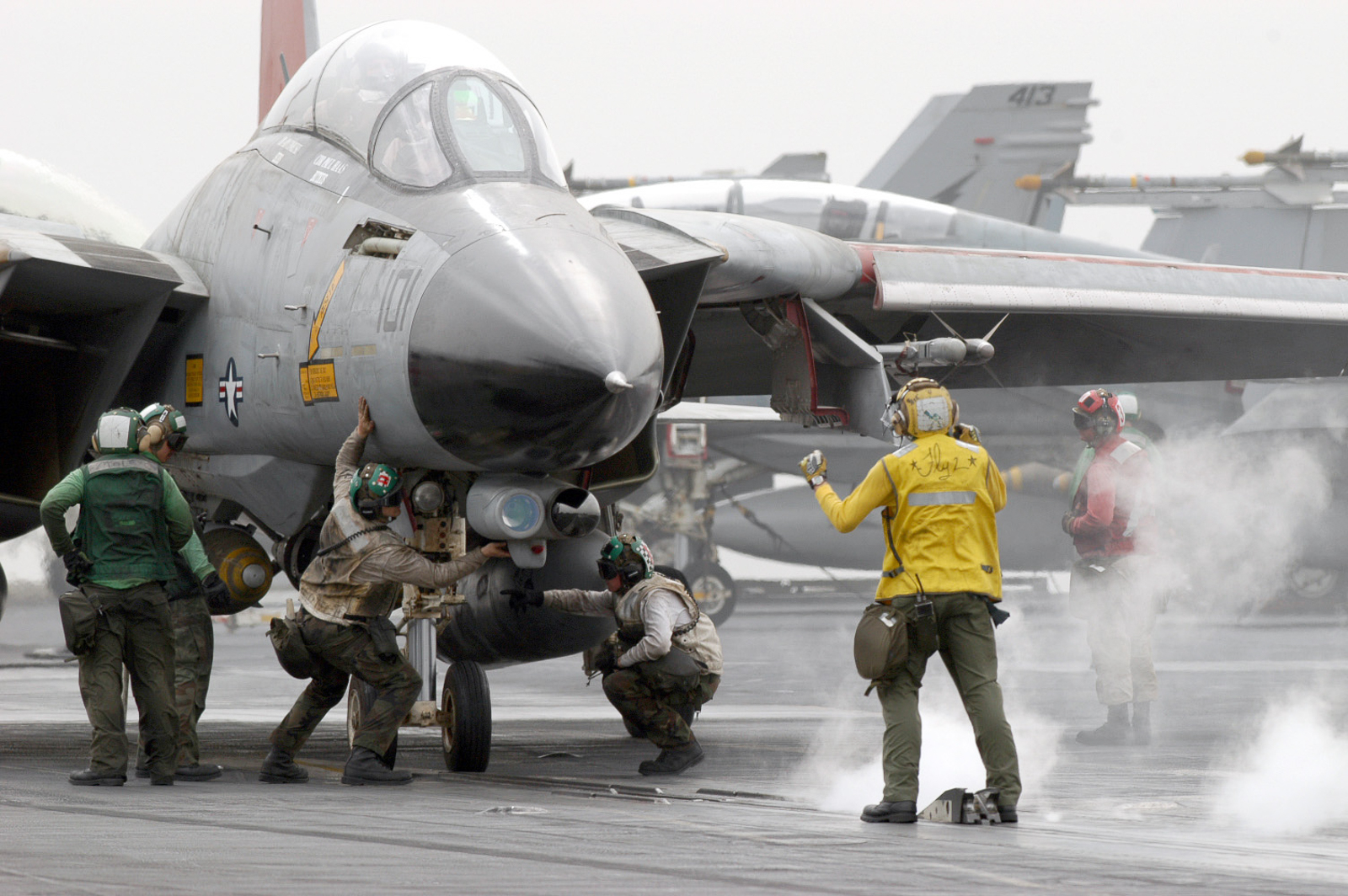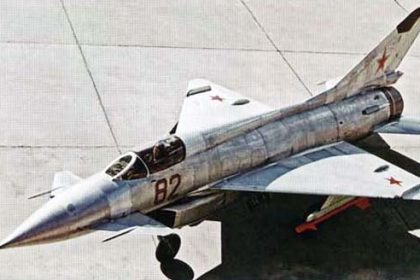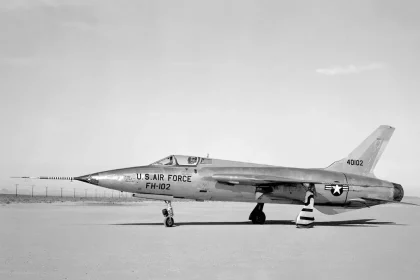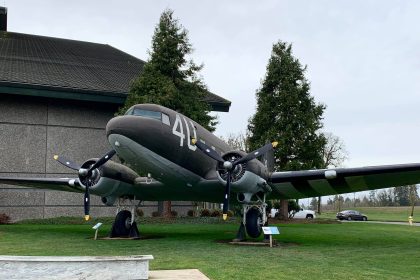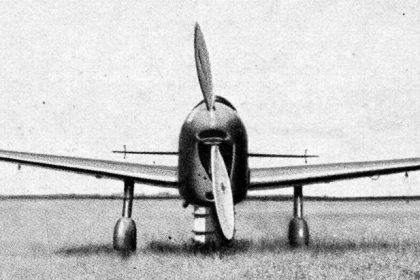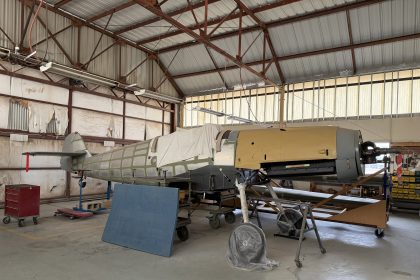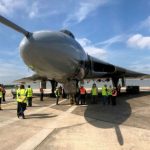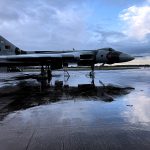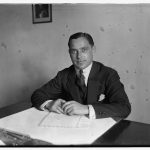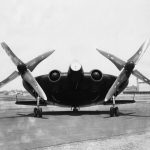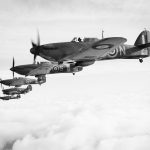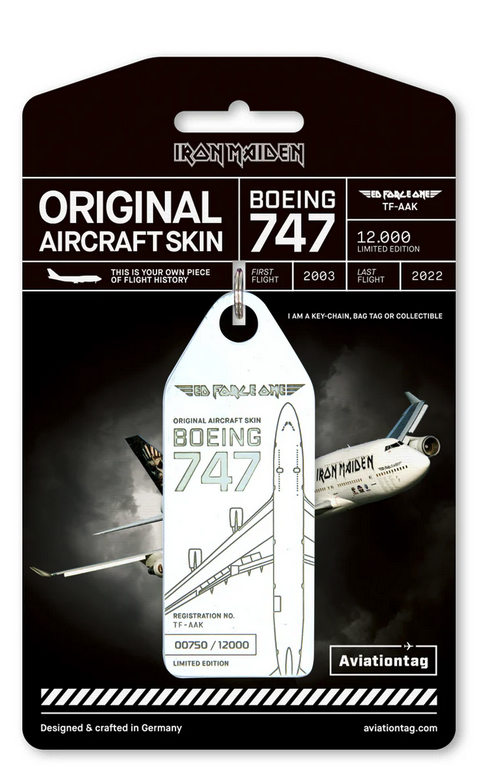“Vintage Aviation News staff did not write this article; the content comes via our partners who wish to help support our website.”
Aviation history is not neutral.
Aviation is often presented as a technical success story. But it has always served power. From the start, flying was not for everyone. It was built by the rich and for the state. Early planes were used in wars and colonial conquests, not for peace or freedom. Military aviation became a tool of dominance. Nations developed air forces not to defend people, but to control them. Bombers were sent to crush revolts. Fighters protected empires. Even today, airbases mark zones of influence, not safety. When the industry talks about innovation, it hides its roots in violence. In the same way, online platforms like https://www.masonslots.com profit from user attention, while military aviation profits from fear. Behind the technology, there’s always a motive: expand control, tighten borders, secure elite power.
The role of museums in shaping memory
Aviation museums often celebrate machines. But they rarely question their meaning. Exhibits highlight engines, wings, and records. Little is said about those bombed from the sky. Displays focus on pilots, not on those displaced. Military planes are shown as heroic. Context is missing. There’s silence about colonial air raids, napalm drops, or surveillance missions. Museums could be spaces of reflection. But most avoid the uncomfortable questions. They show the aircraft. Not the destruction it brought. Even labor is forgotten. These planes were built by workers. Often underpaid, sometimes forced. Women in factories during wartime played a key role. Yet their stories are almost invisible behind polished cockpits.
Who benefits from aviation?
Aviation has always been unequal. Business-class passengers relax while workers clean cabins. Cargo pilots deliver luxury while others can’t afford rent. Airports grow near poor neighborhoods. Noise, pollution, and displacement follow. Private jets multiply. Their emissions are massive. But the elite keep flying. Climate targets are for others. Rich countries build airpower while global south communities face floods and droughts. The contradiction is clear. Aviation protects privilege, not the planet. Public money fuels it. Military aviation consumes massive budgets. That means fewer schools, fewer hospitals. Defense industries profit. Governments justify it through threats, even when no war exists. This is how militarism survives: by inventing enemies.
A short history of domination from above
In Algeria, France used aircraft to bomb villages. In Vietnam, the US dropped Agent Orange. In Kenya, the British used air raids to suppress resistance. These are not side stories. They are central. Planes enabled empire to stretch faster. Borders were maintained from the air. Rebels were tracked by drones before drones even had names. Air control became a method of modern imperialism. Not enough people connect these dots. Historic aviation is often romanticized. Pilots are called heroes. But whose skies were they flying in? Often over stolen land, surveilling populations, enforcing silence.







